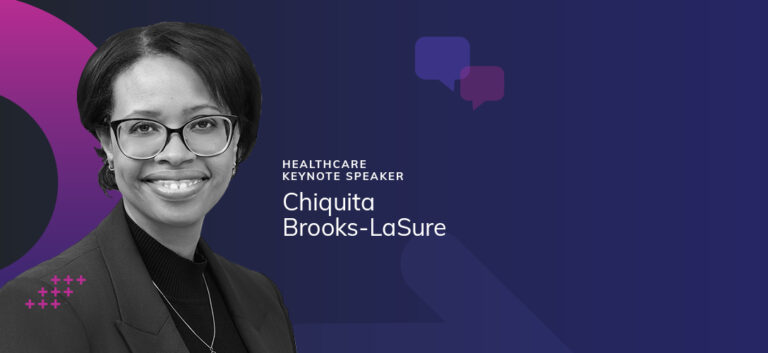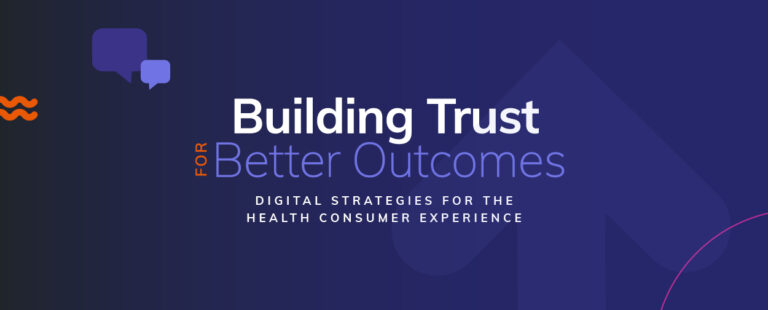- Products
-
-
Products
Discover how our health experience and insights products can make an impact across your population.
-
-
-
- Solutions
-
-
Solution by Industry
-
Solution by Engagement
-
-
- Resources
-
-
Resources
Stay updated on the latest health engagement research and solutions.
-
-
-
- Company
- Request a Demo













